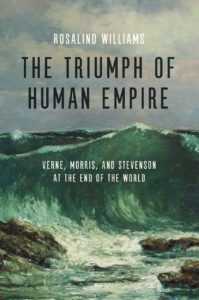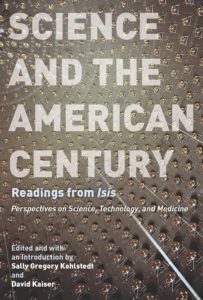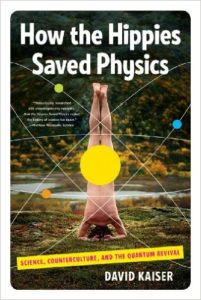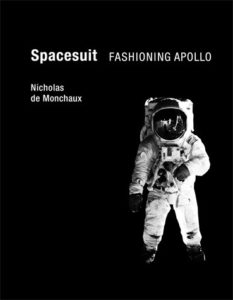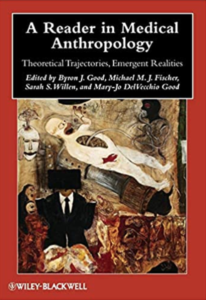The Triumph of Human Empire explores the overarching historical event of our time: the rise and triumph of human empire, the apotheosis of the modern ambition to increase knowledge and power in order to achieve world domination, which Williams explores through the lives and works of three writers: Jules Verne, William Morris, and Robert Louis Stevenson.
Books
Science and the American Century: Readings from “Isis”
The twentieth century was one of astonishing change in science, especially as pursued in the United States. Science and the American Century offers some of the most significant contributions to the study of the history of science, technology, and medicine during the twentiety century, all drawn from the pages of the journal Isis.
How the Hippies Saved Physics: Science, Counterculture, and the Quantum Revival
In the 1970s, an eccentric group of physicists in Berkeley, California, banded together to explore the wilder side of science. Dubbing themselves the “Fundamental Fysiks Group,” they pursued an audacious, speculative approach to physics, studying quantum entanglement in terms of Eastern mysticism and psychic mind reading.
Becoming MIT: Moments of Decision
Becoming MIT examines a series of turning points, crucial decisions that helped to define MIT. Many of these issues have relevance today: the moral implications of defense contracts, the optimal balance between government funding and private investment, and the right combination of basic science, engineering, and humanistic scholarship in the curriculum.
